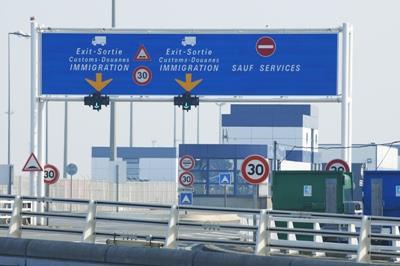
Simplifications to the rules on cabotage could be unveiled soon by the European Commission, EC vice president Siim Kallas has confirmed.
Speaking at a conference on 16 September organised by the International Road Transport Union (IRU), Kallas said a report to be presented later this year on the state of the European road haulage market “may be accompanied by a proposal that looks at how the rules could be implemented more effectively and efficiently”.
Continuing cabotage restrictions “hamper economic efficiency” and are “against the spirit of the single market”, said Kallas. While the EC will not be seeking a ‘big bang’ approach to deal with this, he said, “the rules should be simplified to make sure they are implemented more efficiently, effectively and consistently throughout the EU.”
Confirming the EC was currently assessing ways to make the rules simpler, a spokesman for transport issues told Motortransport.co.uk that both enforcers and hauliers were still complaining about the current rules, with confusion about what constitutes a cabotage operation, what supporting documents should be provided and within what timeframe, among other things.
“Hauliers are faced with diverging rules and approaches and high fines if they happen to understand the rules in a different way than is applied in the relevant country,” he said. “This patchwork of different implementation practices goes against the objectives of the regulation and the spirit of the single market.”
Karen Dee, director of policy at the FTA, said the association looked forward to seeing the EC’s plans in due course but warned that it should not consider full liberalisation of the market yet. “We think that would leave UK operators at a competitive disadvantage,” she said. “We won’t support any plan for liberalisation until there is a level playing field.”
Peter Cullum, head of international affairs at the RHA, said that while a few minor tweaks might be welcome, the current cabotage rules were “not all that unenforceable”.
“We’re quite happy were we are. It’s a broadly acceptable solution to the problem,” he added.














